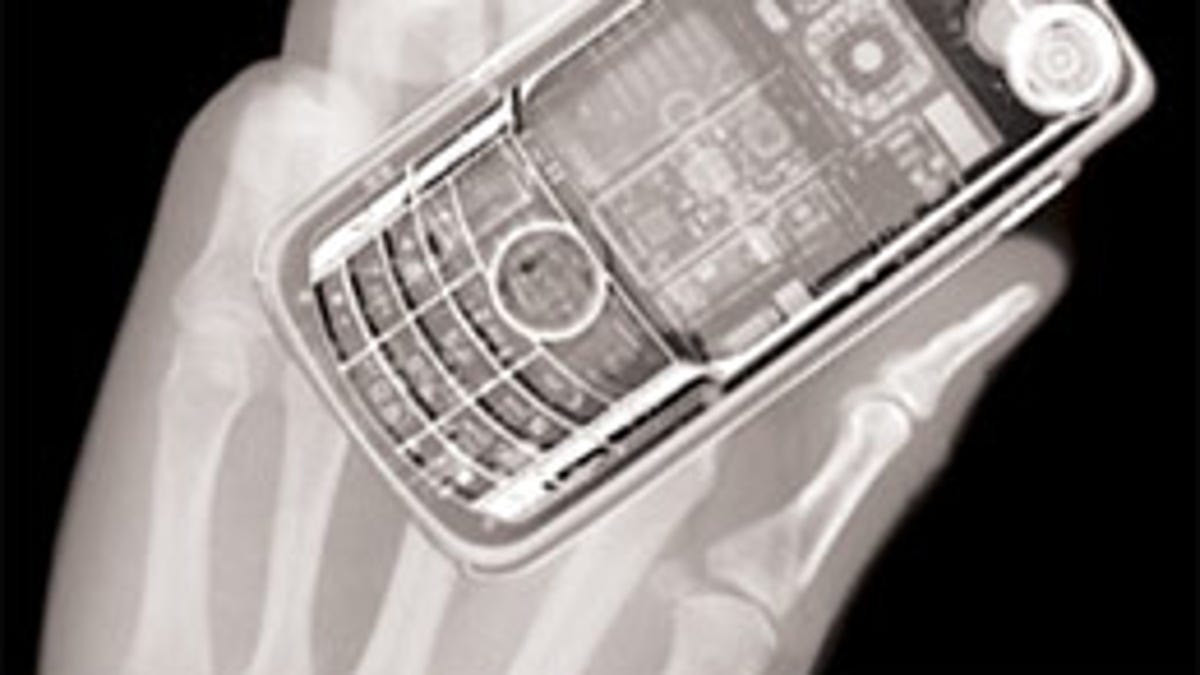
Your next cell phone and a carton of smokes may soon have something in common: a cancer warning. That is if Ohio democrat and former presidential hopeful Congressman Dennis Kucinich has his way.
The congressman today introduces a bill in the House that would require all new cell phones to come with warning labels detailing their radiation output.
Called the Cell Phone Right to Know Act, the bill would also establish a national research program to study cell phones and health and update the specific absorption rate (SAR) standard.
The SAR is the amount of electromagnetic radiation it emits. Kucinich says that standard is outdated and should be brought up-to-date with new research.
“It took decades for scientists to be able to say for sure that smoking caused cancer. While we wait for scientists to sort out the health effects of cell phone radiation, we must allow consumers to have enough information to choose a phone with less radiation,” said Kucinich. “As long as cell phone users may be at increased risk of cancer or reproductive problems, Americans must have the right to know the radiation levels of cell phones.”
In a statement, Kucinich pointed to the World Health Organization's decision to classify cell phones as possible carcinogens for humans, right next to lead and mercury.
Whether spending an hour taking on your phone is the same as smoking a pack a day, however, remains to be seen. Various studies on the topic have turned up a wide variety of conclusions. Part of the reason is that some of those studies have been funded by the very companies that would be most hurt by a cell phone radiation warning, the wireless industry. Which is why Kucinich says the research organization proposed in his bill would be a government, rather than privately, funded endeavor.
The bill does have its detractors, though. Specifically, the wireless group CTIA, which, as CNET points out, is currently suing the city of San Francisco over a similar law. That suit is set to go to a federal appeals court this week.
via: CNET








































